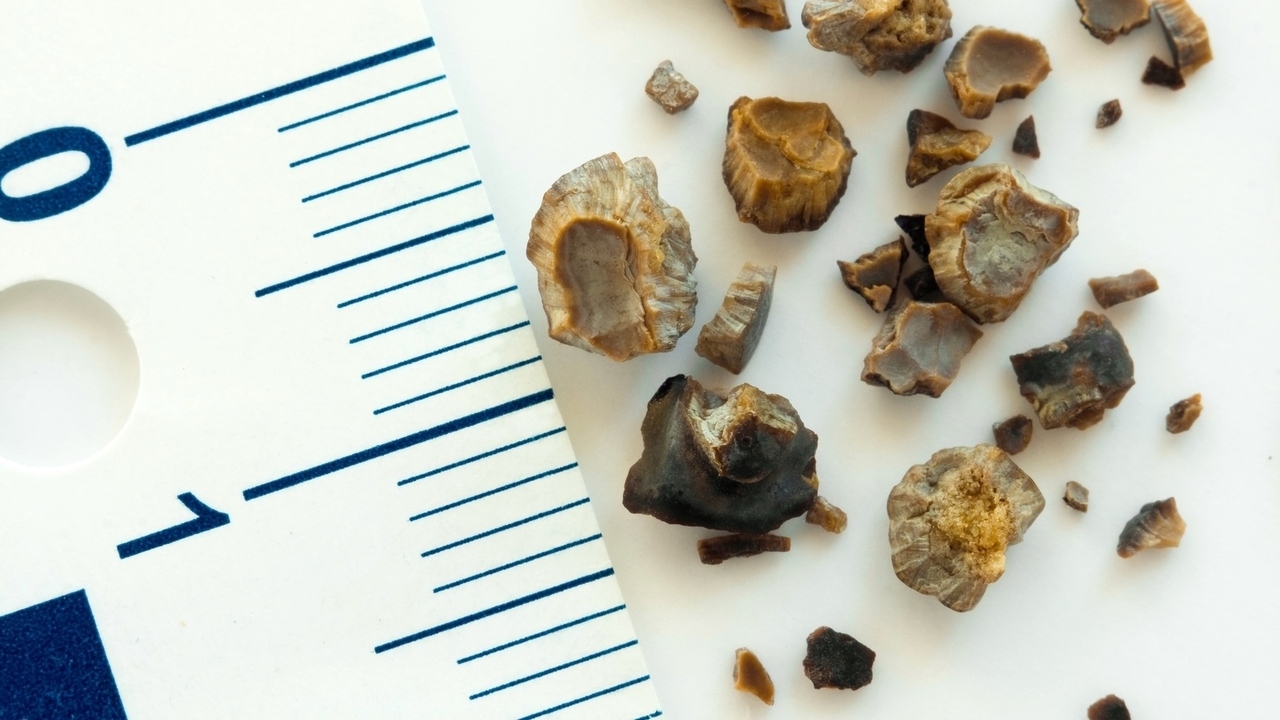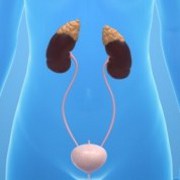Kidney stones may be the latest in a string of health issues related to post-menopausal estrogen therapy, according to an analysis of data collected as part of the government’s Women’s Health Initiative.
More than 24,0000 women participated in the study and either took hormone replacement pills -- Prempro or Premarin -- or placebos. Those using the hormones were apparently 20 percent more likely to develop kidney stones over five years.
The risk of developing kidney stones were the same for women taking Premarin -- estrogen-only pills as well as Prempro -- pills containing both estrogen and progestin.
Overall, about 6 percent of postmenopausal women develop kidney stones.
Dr. Naim Maalouf, an endocrinologist at the University of Texas Southwestern Medical Center and the study’s lead author said women considering using hormones for menopause symptoms such as hot flashes may want to “look at the bigger picture,” weighing potential risks with strokes, heart attacks, breast cancers and kidney stones.
Victoria Davis, spokeswoman for Pfizer -- which took over Premarin and Prempro maker Wyeth Pharmaceuticals last year -- said the research was not specifically designed to examine the risk for kidney stones and pointed to a less rigorous study that found no link.
Healthday
http://health.usnews.com/health-news/family-health/womens-health/articles/2010/10/11/estrogen-therapy-may-be-linked-to-kidney-stones.html
The Associated Press
http://www.google.com/hostednews/ap/article/ALeqM5ihsaDpMPKx-nutJ1IKNx24iCSgYAD9IPMPPO0?docId=D9IPMPPO0





Add a CommentComments
There are no comments yet. Be the first one and get the conversation started!